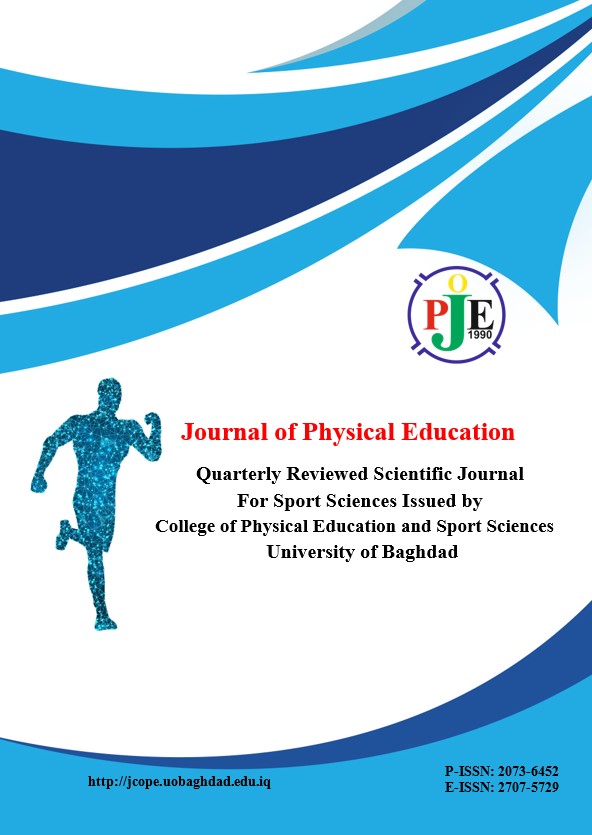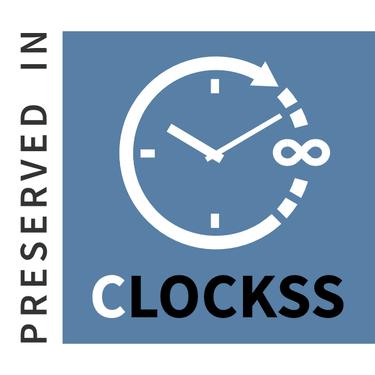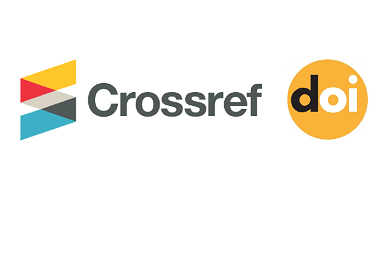The Effect Of Problem – Based Learning According to Cognitive Flexibility (spontaneous – adaptive) On Learning Arabian Handspring On Floor Exercises In Women’s Artistic Gymnastics
DOI:
https://doi.org/10.37359/JOPE.V30(3)2018.409Keywords:
cognitive flexibility, spontaneous, adaptive, Arabian handspring.Abstract
The Effect Of Problem – Based Learning According to Cognitive Flexibility (spontaneous – adaptive) On Learning Arabian Handspring On Floor Exercises In Women’s Artistic Gymnastics
The research aimed at identifying the effect of problem – based learning according to cognitive flexibility (spontaneous – adaptive) on learning Arabian handspring on floor exercises in women’s artistic gymnastics. In addition to that, the research aimed at identifying the best four groups in learning some motor skills in learning Arabian handspring on floor exercises in women’s artistic gymnastics. The researcher used the experimental method. The subjects were (48) third year students sections (H and I) divided into two groups according to cognitive flexibility scale making four groups; two experimental (spontaneous and adaptive) and two controlling. The data was collected and treated using proper statistical operations. The researchers concluded that the best group in learning the Arabian handspring was spontaneous cognitive flexibility experimental group followed by adaptive cognitive flexibility experimental group, then spontaneous cognitive flexibility controlling group finally adaptive cognitive flexibility controlling group.














 The Journal of Physical Education (JOPE) applies a Creative Commons Attribution 4.0 International license (CC BY 4.0), which lets others distribute, remix, tweak, and build upon your work, even commercially, as long as they credit you for the original creation. For more information, click the link :
The Journal of Physical Education (JOPE) applies a Creative Commons Attribution 4.0 International license (CC BY 4.0), which lets others distribute, remix, tweak, and build upon your work, even commercially, as long as they credit you for the original creation. For more information, click the link : 